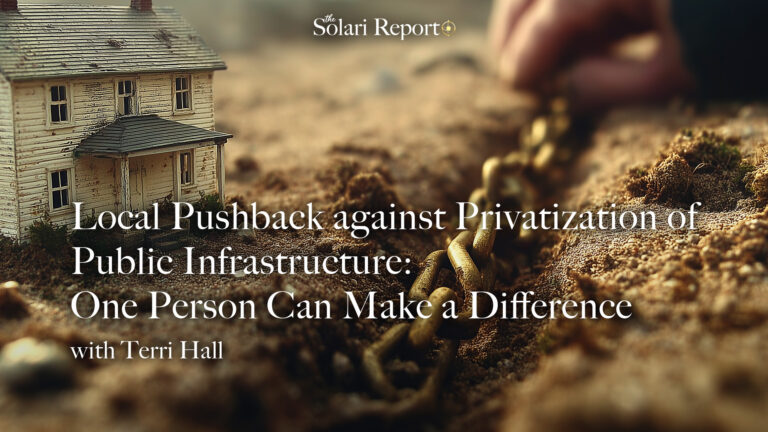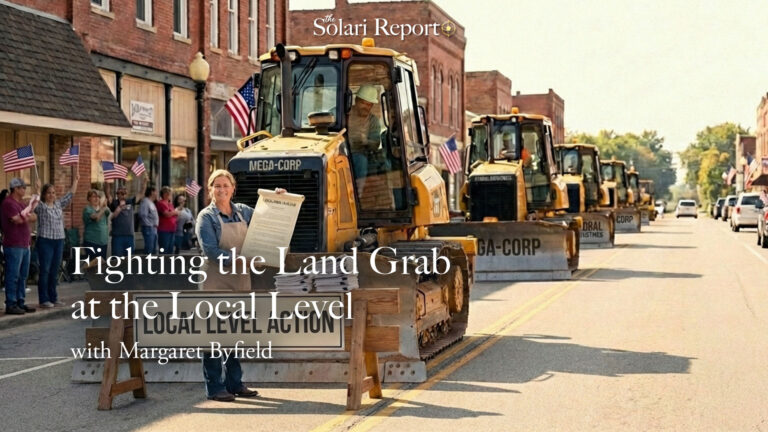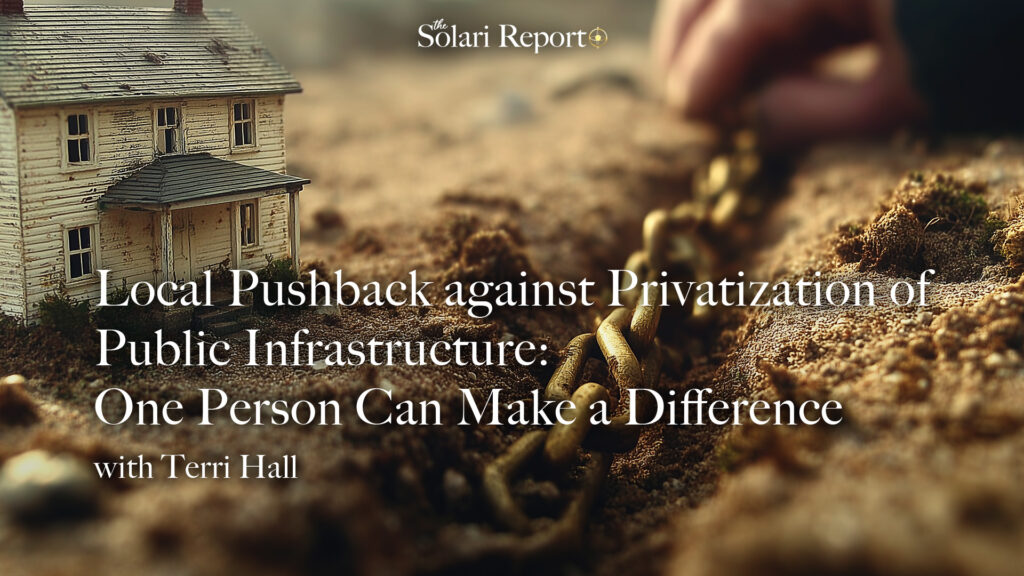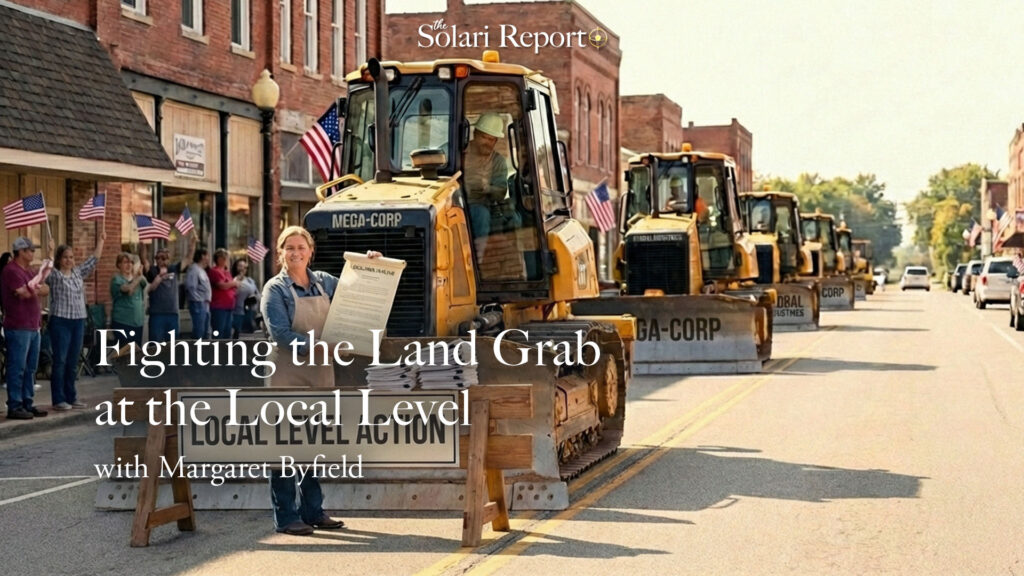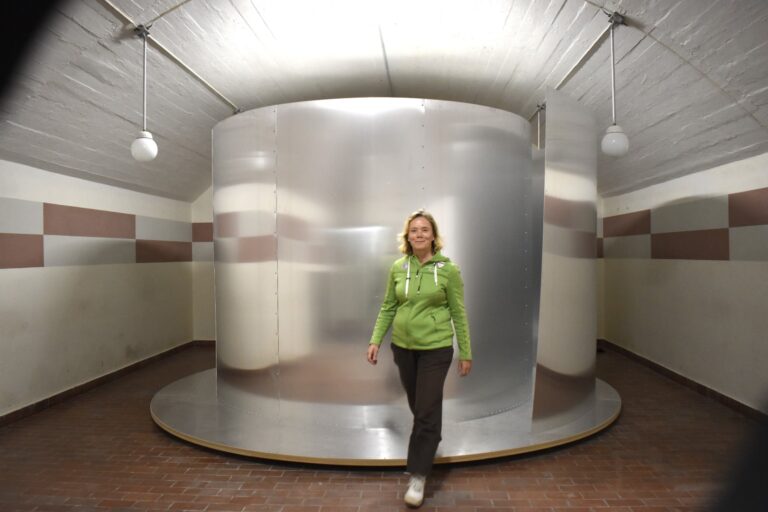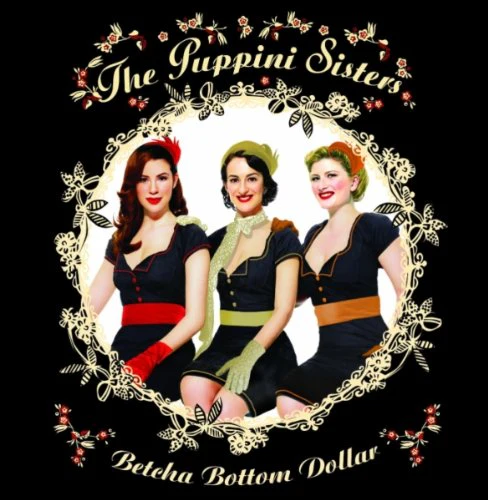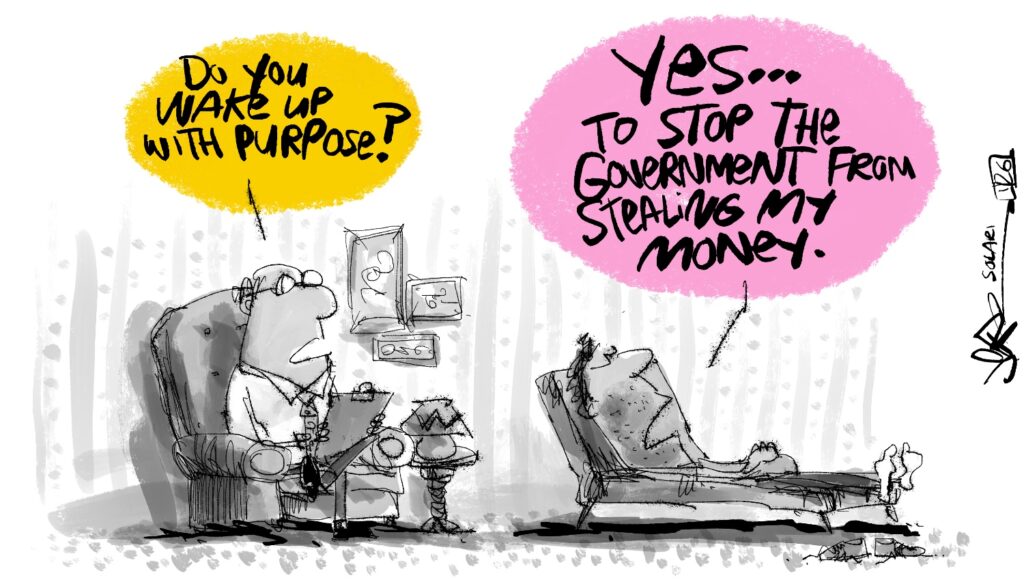Become a member: Subscribe
Pushback of the Week
Real Estate Raffles

“As the market has turned from an extreme seller’s market to a more balanced, buyer-friendly one, sellers are starting to get creative.”
~ Realtor.com
Pushback of the Week, September 21, 2025
Real Estate Raffles
With the real estate frenzy that prevailed during the Covid pandemonium still a recent memory, it might be hard to recall that both before and since, even the hottest properties don’t always attract buyer interest.
In the UK, Dunstan Low was having trouble selling his luxury Lancashire manor back in 2017. When he purchased the former hotel in 2011—replete with ballroom, cinema room, six bedrooms, and ample parking—he “fell in love with its grandeur and size,” but the love affair ended when he found himself a “mortgage prisoner…up to his eyeballs in debt,” so he decided to sell.
With no nibbles from prospective buyers, Low hit upon what was at the time the relatively novel and creative strategy of raffling off his home online. After carefully ensuring that “everything was above board and legal,” he netted one million pounds from the sale of 500,000 tickets (at two pounds a ticket); Low was able to “clear his debts and hand the keys to [the] factory worker who won.”
Other sellers in the UK have since followed Low’s highly publicized example, but the results have not always been as fruitful. One reason for individual sellers’ mixed results is that “property competitions” have become big business in the “largely unregulated” UK market, with large companies able to float the costs of the publicity required to make a property raffle go. The manager of a raffle curation site told The Guardian, “One thing that people don’t realise…is that they’ve still got to become influencers. They’ve got to do all the social media and get the press involved and keep going and going. It’s a really tough task.”
As for Americans, they should know that Low’s “plucky” example is not applicable for individual sellers across the pond. An attorney explained to Realtor.com, “What might look like a clever marketing tactic can carry very real legal consequences if done outside the narrow exceptions the law allows,” because, under many state laws, only nonprofits can raffle off properties, while home raffles are considered lotteries. According to the attorney, U.S. homeowners who try to raffle off their property may “run afoul of gambling statutes, charitable solicitation laws, or real estate transfer regulations.” And as for the prospective raffle ticket winner, there may be unwelcome tax implications.
Realtor.com suggests that a $1 home listing is “a safer gimmick with similar aims” and offers a “creative way to draw buyer attention.” Recent sellers apparently agree: between June 2023 and June 2025, the number of homes listed for $1 increased by almost 83%.
Log in or subscribe to the Solari Report to enjoy full access to exclusive articles and features.
Already a subscriber?









